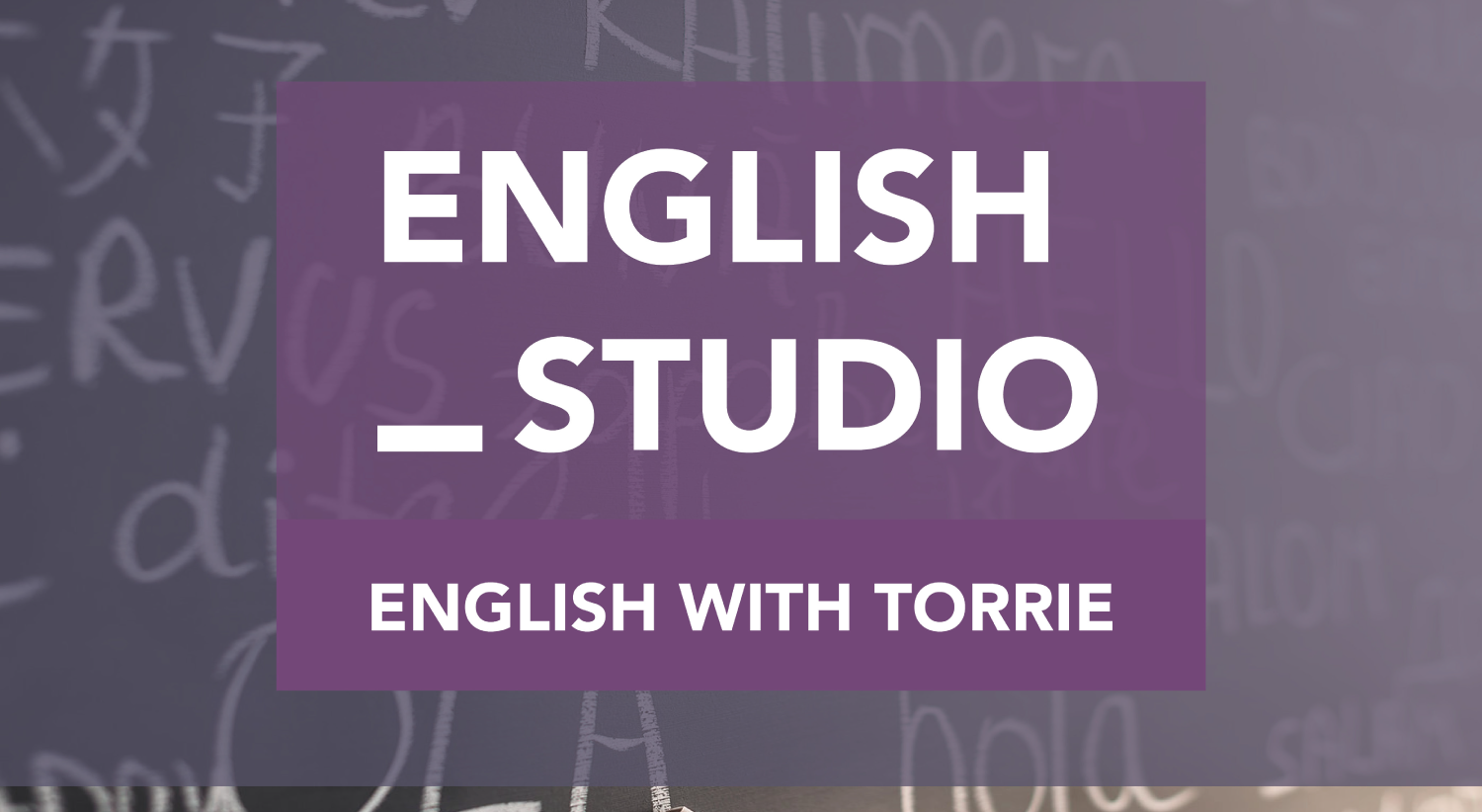Look at this:
I went shopping yesterday. S V O extra info
Gestern ging ich einkaufen. extra info V S O
This needs practice!- Mir ist
heiss. Könnten Sie die Fenster bitte öffnen?
____________________________________________________________________________________
- Ich kann Jim
sehen, aber er kann mich nicht sehen. Was macht er?
___________________________________________________________________________________
- Tom hat eine
Zeitung, etwas Wein und einige Brötchen gekauft.
____________________________________________________________________________________
- Das ist sein
Schreibtisch. Ihrer ist neben dem Fenster.
____________________________________________________________________________________
- John kann
nicht ans Telefon. Er badet. Kann
ich ihm etwas ausrichten?
____________________________________________________________________________________
- Sie hatten
keinen Schlüssel, also habe ich meinen gegeben.
____________________________________________________________________________________
- Das Büro von
Frau Murray is im zweiten Stock.
(stock=floor)
____________________________________________________________________________________
- Mark ist ein
schlechter Schüler, aber Frank is schlechter. Frank ist der schlechteste der Klasse.
____________________________________________________________________________________
- Ich esse
gerade zu Mittag. Hast du hunger? Möchtest du auch etwas zum essen?
____________________________________________________________________________________
- Wo sind Tom
und Sue? Sie spielen Tennis. Sie spielen einmal in die Woche.
____________________________________________________________________________________
- Es gibt eine
alte Kirche im Dorf. (Dorf=village)
____________________________________________________________________________________
- Es gibt
keinen Flughafen in unserer Stadt.
____________________________________________________________________________________
- Da ist eine
Tasche auf dem Tisch. Is das Ihre?
____________________________________________________________________________________
- „Möchten Sie
ein Glas Saft?“ „Ja, gerne.“
____________________________________________________________________________________
- Ich hätte
gerne drei Aepfel und vier Bananen.
____________________________________________________________________________________
- Möchtest du
einen Apfel oder eine Orange?
____________________________________________________________________________________
Page 83
1.
I’m hot. Can(could) you please open the window?
2.
I can see Jim but he can’t see me. What is he doing?
3.
Tom bought a newspaper, some wine, and a few rolls.
4.
This is his desk. Yours is next
to the window.
5.
John can’t come to the phone.
He’s taking a bath. Can I give
him a message?
6.
They didn’t have a key so I gave them mine.
7.
Mrs. Murray’s office is on the second floor.
8.
Mark is a bad student but Frank is worse. Frank is the worst student in the class.
9.
I’m having (eating) lunch. Are
you hungry? Would you like something to
eat too?
10.
Where are Tom and Sue? They are
playing tennis. They play tennis once a
week.
11.
There is an old church in the village.
12.
There isn’t an airport in our city.
13.
There is a bag on the table. Is
it yours?
14.
“Would you like a glass of juice?”
“Yes, please.”
15.
I’d like three apples and four bananas.
16.
“Would you like an apple or an orange?”
